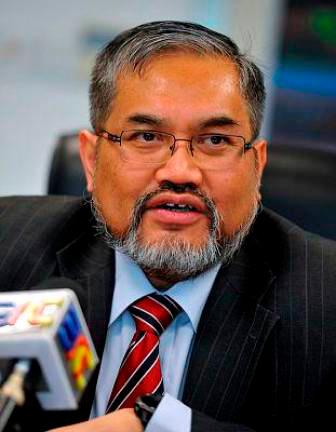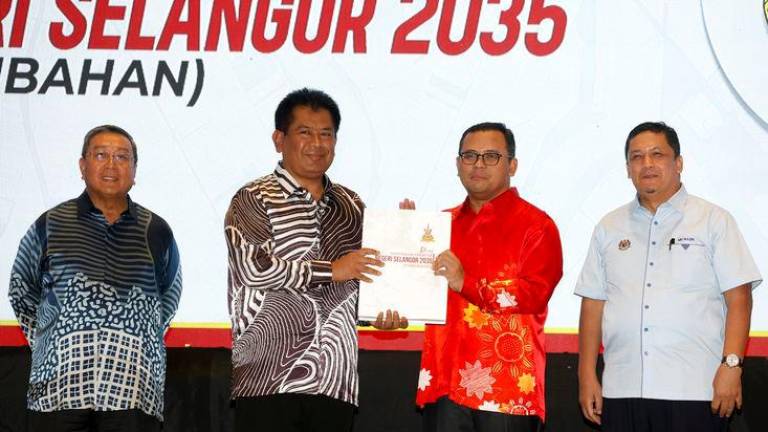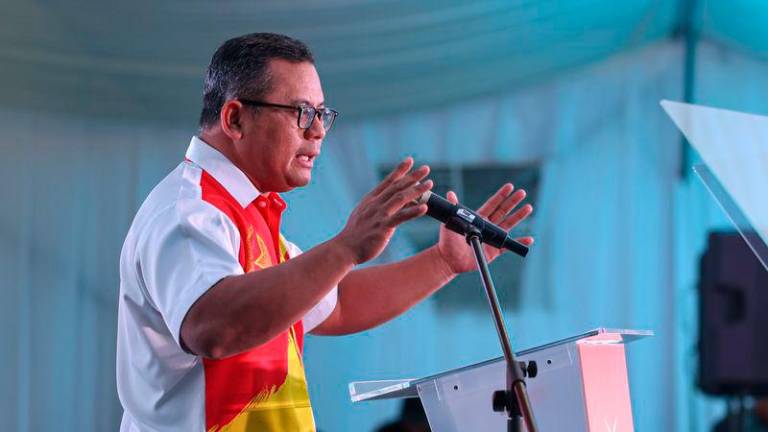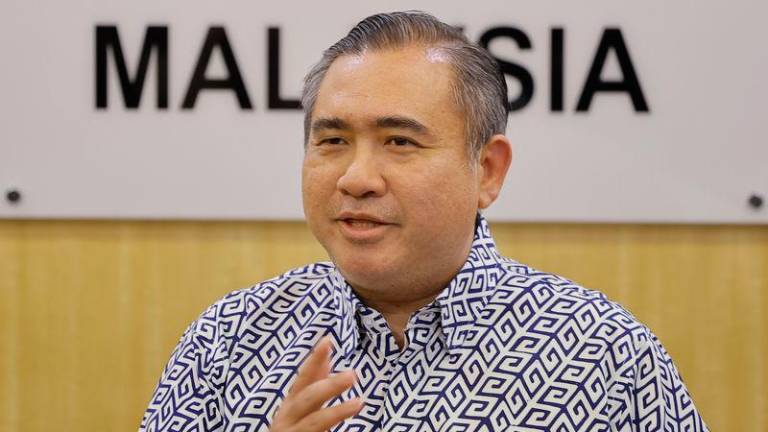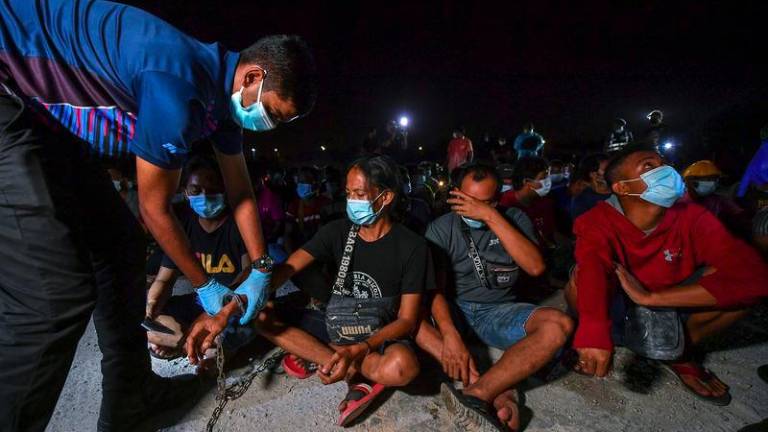PETALING JAYA: A proposal for Malaysia to set up its own vaccine research centre has received wide support, but it has been warned that the cost may be prohibitive.
Such a plan, according to epidemiologist Datuk Dr Awang Bulgiba Awang Mahmud(pix), is only feasible because Malaysia already has the necessary expertise.
On the other hand, this will require long-term funding for research, development and eventual commercialisation.
Awang Bulgiba, who heads the Independent Covid-19 Vaccination Advisory Committee, was commenting on a recent proposal by Malaysian Employers Federation president Datuk Dr Syed Hussain Syed Husman that a comprehensive strategy for the supply of vaccines be made to ease Malaysia’s dependence on other countries in the event of a pandemic.
Awang Bulgiba agreed that the country already has some expertise. “However, rather than being centralised, the expertise is divided among universities,” he told theSun.
“The transfer of technology will be necessary to use the knowledge gained to produce vaccines but we also do not have the experience of producing a vaccine for human use.”
He pointed out that there are benefits that can be gained from having a vaccine research centre. “There is a ready market for vaccines, costs to procure vaccines can be reduced, we can stop depending on supplies from external sources and it will enable us to push the technology barriers,” he said.
Awang Bulgiba said it will also help the country recover from any pandemic faster and without having to negotiate unfair contracts with large pharmaceutical companies. “It will also force our researchers to work together for the common good.”
However, the downside is that coming up with a vaccine is a long-term process and there is no assurance of profits, he said.
“Many stages are involved in vaccine development and the usual approval process by regulatory bodies is likely to take many months or even years,” he added.
Awang Bulgiba said it would also be difficult to convince the government to fund a long-term venture without the promise of returns within a reasonable period.
Health policy specialist Dr Khor Swee Kheng said it is important for Malaysia to develop the capability not only in research but also to produce new vaccines quickly and at scale. “This will reduce our reliance on global supplies that can be unpredictable and expensive,” he told theSun.
He warned that there is a real possibility that an annual vaccination may be required for Covid-19, making it even more crucial that Malaysia is able to produce its own vaccine.
“There are other benefits of having our own vaccine factories such as the creation of new and high-value jobs, new infrastructure for research and manufacturing and that we can commercialise it,” he said.
Universiti Malaya virology expert Dr Sazaly Abu Bakar said the government should make it a priority to ease Malaysia out of full dependence on external sources for vaccines.
“It will also spur a new health and knowledge-based economy and ensure that we are vaccine self-reliant and secure,” he said.
“It will spare us from being dependent on the mercy of others or being held at ransom when it comes to international diplomacy.”
Sazaly said it is an “unforgivable blunder” that the National Recovery Plan does not include the setting up of a national vaccine centre.
“We have made this mistake before and paid dearly with the loss of lives alongside the economic catastrophe. We should not repeat the mistake,” he added.



